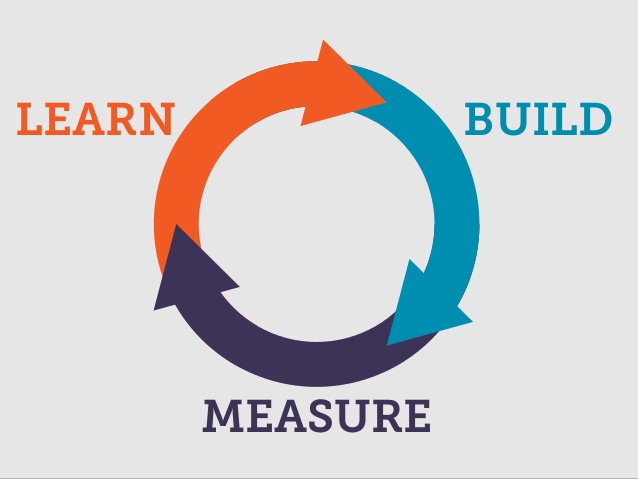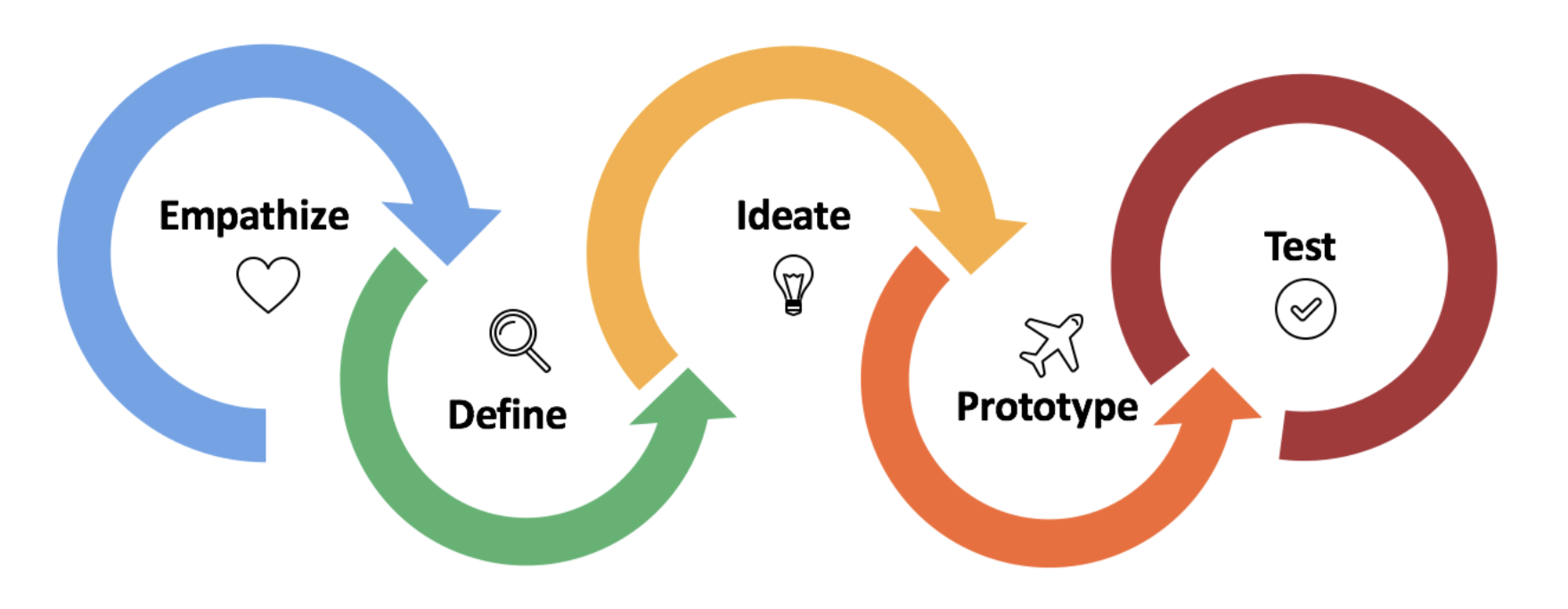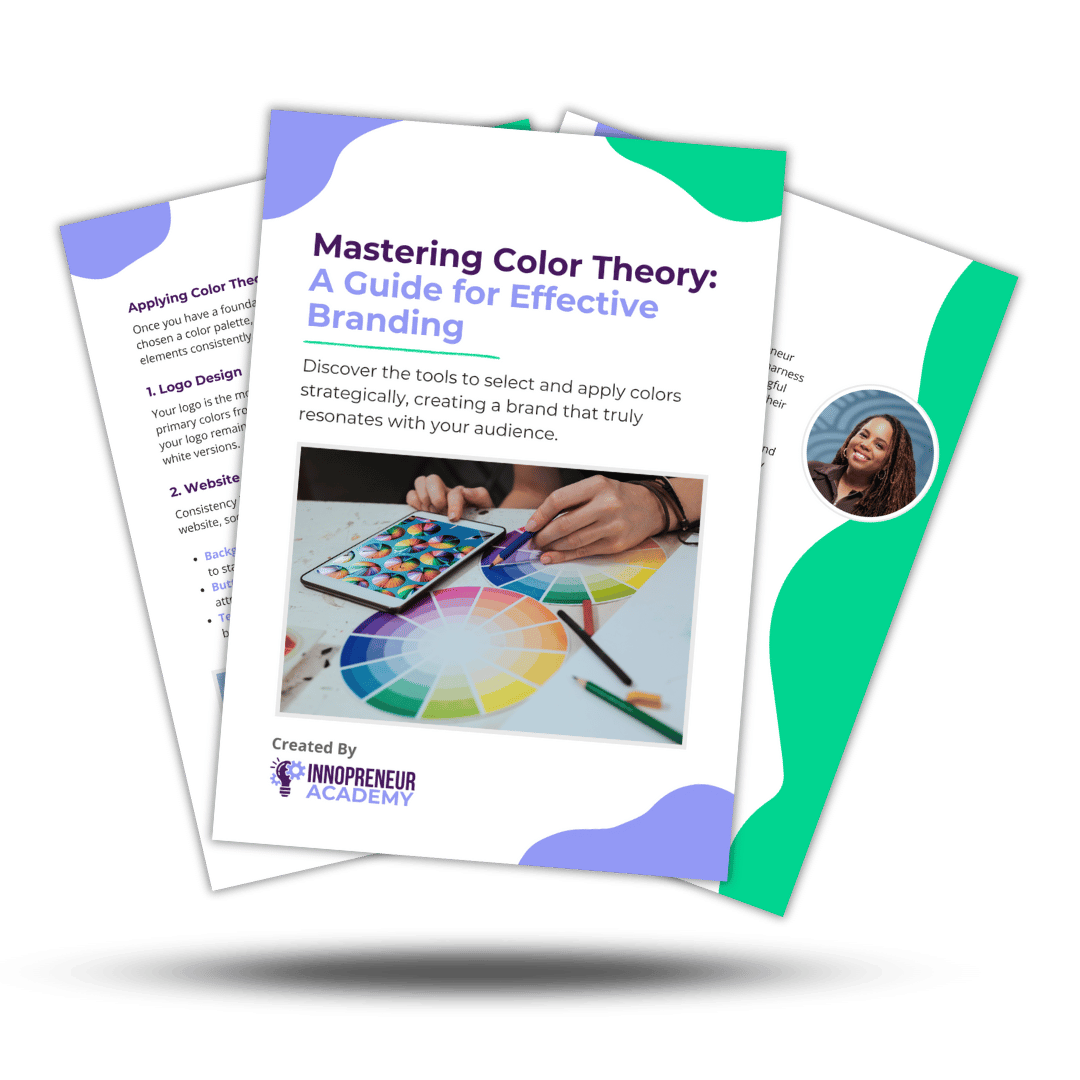
Top 12 Startup Success Frameworks for New Business Owners
Feb 25, 2025Starting a new business can be overwhelming. With countless decisions to make and challenges to navigate, having a structured approach is essential for success. That’s where startup success frameworks come in. These proven models help new business owners refine their mission, vision, scoping, and branding—paving the way for sustainable growth. In this blog post, we’ll explore 12 powerful frameworks that can guide you from idea to execution.
1. The Lean Startup Methodology

One of the most widely used startup frameworks, The Lean Startup by Eric Ries focuses on building a business through validated learning. This method encourages new business owners to create a Minimum Viable Product (MVP), test assumptions, and iterate quickly based on customer feedback.
2. Business Model Canvas
The Business Model Canvas (BMC) provides a structured template to map out the key elements of your startup, from value propositions to revenue streams. It’s an excellent tool for visualizing your business model and identifying potential gaps.
Common Mistake to Avoid: Overcomplicating the canvas instead of focusing on key components.
3. Design Thinking Process

A problem-solving approach that prioritizes empathy, creativity, and iteration, Design Thinking is invaluable for startups looking to create user-centered products and services. The five stages—Empathize, Define, Ideate, Prototype, and Test—help new business owners deeply understand their audience.
4. SWOT Analysis
Understanding your Strengths, Weaknesses, Opportunities, and Threats helps new business owners make informed strategic decisions. A SWOT analysis provides a clear snapshot of where your business stands and what actions you should take next.
Best Practice: Conduct SWOT analysis quarterly to adapt to changing market conditions.
5. The Blue Ocean Strategy
This framework encourages businesses to create uncontested market spaces rather than competing in saturated industries. By focusing on innovation and differentiation, startups can carve out unique value propositions.
ENROLL NOW FOR MORE CLARITY
6. The Golden Circle (Simon Sinek)

Simon Sinek’s Golden Circle framework—Why, How, What—helps new business owners build a purpose-driven brand. By defining the “Why” first, startups can create stronger emotional connections with customers.
Visual Aid Suggestion: Circular diagram of the Golden Circle framework.
7. OKRs (Objectives and Key Results)
Setting clear objectives and measurable results helps startups stay aligned and focused. This framework is used by top companies like Google to drive growth and accountability.
Best Practice: Keep OKRs ambitious but achievable to maintain motivation.
8. The Eisenhower Matrix
Time management is crucial for new business owners. The Eisenhower Matrix helps prioritize tasks based on urgency and importance, ensuring founders focus on what truly matters.
Common Mistake to Avoid: Spending too much time on urgent but low-value tasks.
9. Customer Development Model
Understanding your target audience is key to startup success. This framework emphasizes customer discovery, validation, creation, and company-building to ensure market fit.
Visual Aid Suggestion: Flowchart of the four stages of the Customer Development Model.
10. The Flywheel Effect
Coined by Jim Collins, the Flywheel Effect describes how consistent effort builds momentum over time. Startups that prioritize small, strategic wins create long-term sustainable growth.
Best Practice: Focus on continuous improvement and customer satisfaction.
11. The Hook Model (Nir Eyal)
For startups creating digital products, The Hook Model explains how to build habit-forming products using triggers, actions, rewards, and investments.
Common Mistake to Avoid: Ignoring ethical considerations when designing engagement loops.
12. The Five Forces Analysis (Porter’s Five Forces)
This framework helps startups analyze industry competition by evaluating competitive rivalry, supplier power, buyer power, threat of substitution, and threat of new entrants.
Best Practice: Use this analysis to identify strategic advantages and market gaps.
Additional Tips for Startup Success
-
Embrace Agility: Be willing to pivot based on customer feedback and market trends.
-
Network & Learn: Surround yourself with mentors, industry leaders, and like-minded entrepreneurs.
-
Leverage Technology: Automate processes to streamline operations and reduce costs.
-
Track Metrics: Measure progress with data-driven insights to refine your strategy.
Final Thoughts
Starting a business requires clarity, strategy, and adaptability. These 12 startup success frameworks give you the structured approach you need to build a sustainable and thriving company.
Each framework provides actionable insights to help you refine your mission, vision, branding, and operations. Implementing these strategies will help you make informed decisions and stand out in your industry.
🚀 [ENROLL NOW FOR MORE CLARITY] and get step-by-step guidance to transform your startup into a success story!


